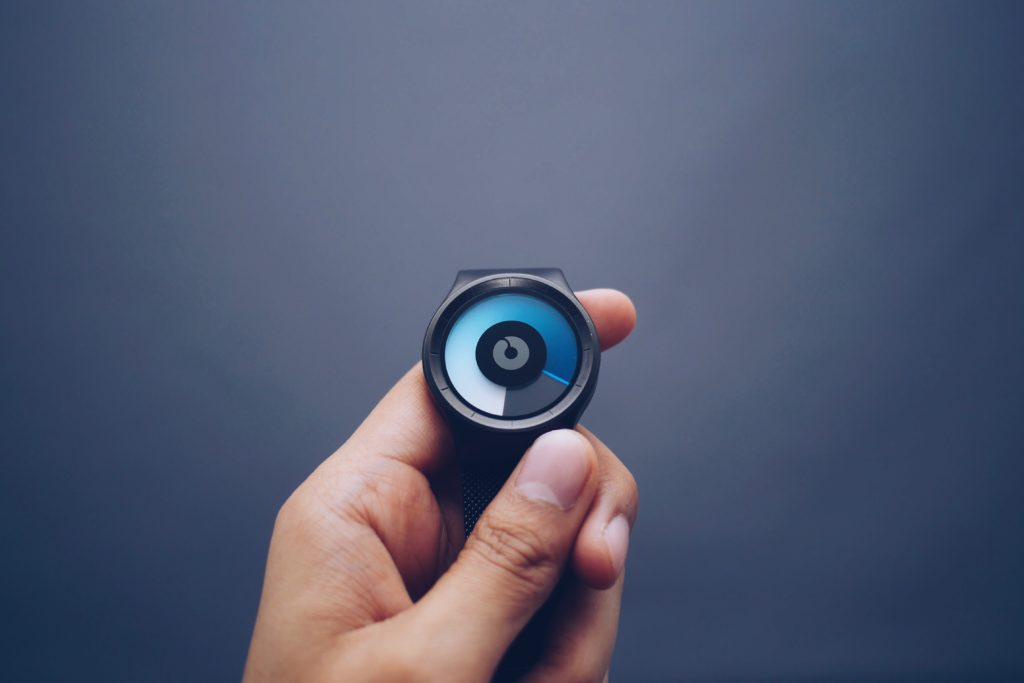Fitness trackers are the newest trend in maintaining a healthy lifestyle. With technological advances, people now have the ability to determine how active they are or need to be. Yet, it may be puzzling to know which type of fitness tracker meets your personal needs.
Here are some questions to consider before purchasing one.
How much battery-life do I need?
Nowadays, life is on a constant go. There seems to be no time to stop and unplug. Unless, you need to recharge. The same concept applies for the fitness tracker.
Battery life can vary in each individual fitness tracker. Some claim they can last from five to seven days without the need to recharge. Others run on cell-batteries that can last up to six months. It all depends on the lifestyle of the individual. If you are training for an athletic competition and are constantly keeping track of your fitness record, it makes ideal sense to purchase a fitness tracker that runs off of cell batteries.
Is checking my heart rate important to me?
People vary in general, so fitness level varies as well. Younger individuals may be able to tolerate a high cardio workout without the need to check their heart rate. People looking to get the maximum out of their workout may want to reach their target heart rate. “One way of monitoring physical activity intensity is to determine whether a person’s pulse or heart rate is within the target zone during physical activity,” according to the Centers for Disease Control and Prevention. Yet, if you have a history of cardiovascular events or a breathing-related sickness like asthma, knowing your heart rate is of significant importance.
Do I need a splash-proof tracker?
Technology is all good until water becomes part of the picture. Not everything labeled splash-proof will actually continue working after a splash. Why?
According to Consumer Reports, there is no actual definition for splash-proof: “It’s not really an engineering standard. It’s a catchphrase created by the industry.”
What price am I willing to pay?
As features vary in fitness trackers, so do prices. If you are seeking a prolonged battery life, you are going to pay a bit more. When you shop for a fitness tracker, you have to keep in mind that the device’s original function was to keep track of your fitness. However, the sales industry has adapted it to be a statement of fashion as well. If you want a less exercise-looking watch and want a leather strap instead of rubber one, chances are you are looking into a high price. High-end trackers can range into the hundreds of dollars. But a durable, basic device can be found for less than $50.




